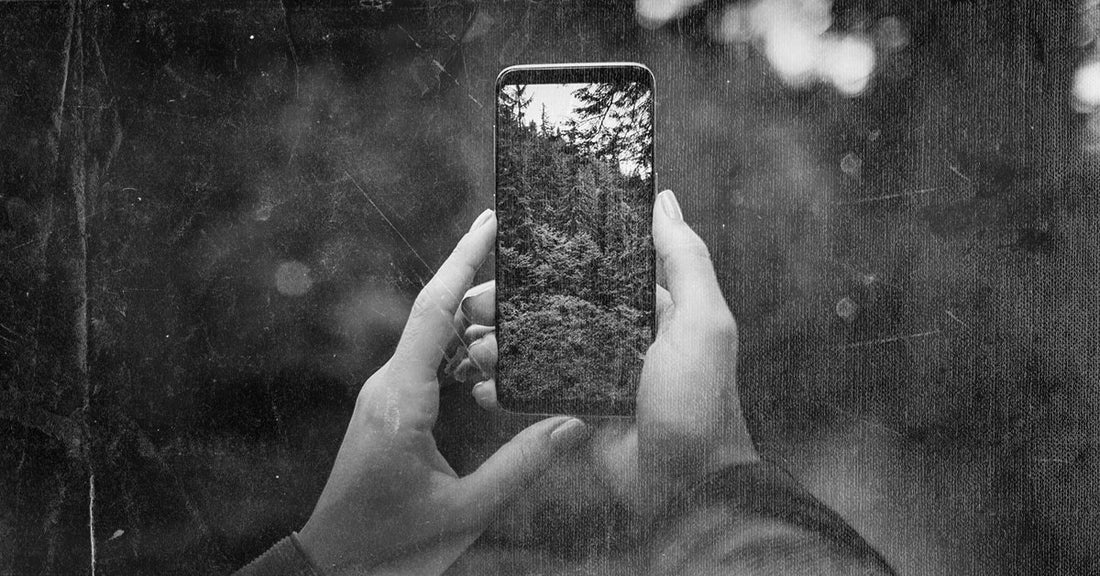In John Steinbeck’s novel Travels with Charley, the legendary writer describes driving into Yellowstone National park with his blue standard poodle, Charley, when, suddenly, a bear approached. “He shrieked with rage. His lips flared, showing wicked teeth that have some trouble with a dog biscuit.”
This summer I also visited Yellowstone on a four-month road trip across Colorado, Wyoming and Montana. I’ve already written about the trip ad nauseam and apologize in advance for wringing out a dry towel, but any chance to compare myself to John Steinbeck is a missed opportunity in my book!
Steinbeck set out on his journey to answer one question: “What are Americans like today?” Along with his curiosity, fear also drove the aging author. The year prior, he had suffered a rather serious illness, and knew that without a radical adventure he would lose his moxie and slip into a kind of “spiritual and physical semi-invalidism.”
Call me romantic, but I picture the prophetic author sitting in his retrofitted truck, far from home, the hiss of his butane lantern, pounding keys of his typewriter, and soft panting from Charley the only sounds against the quiet night.
A month into my trip while backpacking through the Wind River Range in Wyoming, I got caught in a snowstorm miles away from civilization with no cell service. At first, I yearned for comfort. I checked my phone incessantly, praying for a bar—not to call for help, but to check social media, make a purchase on Amazon, text a friend. Anything to distract me from the lonely feeling that was creeping up my shoulders like cold fingers.
Then, I took a few deep breaths. I felt the air that huffed from my lips tickle my wet nose. I looked out at the alpine lake where I had camped the night prior. The falling snow made the gun-metal greywater soft like an out-of-focus photograph. As I made the long hike out I could hear the sound of cracking snow beneath my feet. The only world that existed was in front of me. I began walking faster, with more confidence, a sense of elation beginning to warm me. I made it back to my car with a big fucking smile on my face. Something had shifted on that hike out. The loneliness I felt so often, the aching desire to be somewhere else, had given way to another feeling entirely: solitude.
When I finally made it back to my car I drove straight to Jackson Hole and spent a week straight scrolling Instagram in coffee shops. The hooks of the collective dug their way back into my skin.
I had no contacts in Jackson Hole and my wet clothes were beginning to smell like mildew. I slept (barely) in my Subaru at the base of a ski resort each night, worried that some resident was going to call the cops on me. The seats in my car fold down, and the trunk is just long enough for me to lay flat. The caveat (that Subaru does not advertise) is that there is a kink between the backseats and the trunk, causing a slight incline that slopes downward. The combination of blow-up air mattress and synthetic sleeping bag created a slow-motion slip-n-slide, and each morning I found myself contorted in the far back of my trunk like a Cirque du Soleil performer.
Then I reminded myself that spending time in coffee shops in Jackson Hole, with Yellowstone basically up the road, was like going to Tahiti and spending the trip with your head buried in the sand. Which is how I wound up dragging myself to Yellowstone's most popular tourist destination.
When Old Faithful blows for real, the eruption could spread sulfur dioxide for over 500 miles, enough distance to reach Washington. Ash could span the horizon, leading to acid rain and large-scale crop destruction across the midwest. Luckily for us, there’s a very low chance that it will blow within the next thousand years. Still, the concept of tourism at Old Faithful is pretty wild.
“Hey, kids! Let’s take the Winnebago, stand on the edge of a supervolcano and watch it erupt. But just a little.”
The geyser has a small wooden fence around its circumference and spectators stood about 100-feet back. I walked around the fence, and, on the far side, came across a beautiful blue thermal pool. The vent is enclosed by an overhanging ring of orange-grey sinter and, before Old Faithful blows hundreds of feet into the air, the vent bubbles like a pot of boiling water.
When the geyser shot to the heavens, tourists craned their heads and cheered with the same flatness as passengers who landed safely on a runway. The real enthusiasm, both on flights and at geysers, occurred moments after, as the crowd dove into their cell phones like ravenous hounds. I was not above it. I had cell service and scurried around the supervolcano snapping brilliantly mediocre photos of Old Faithful then posting them to my Instagram story, any flicker of awe replaced with myopia.
Steinbeck went to Old Faithful with a dog who was afraid of bears. I went with an iPhone. Next time, I think I’ll go alone.
